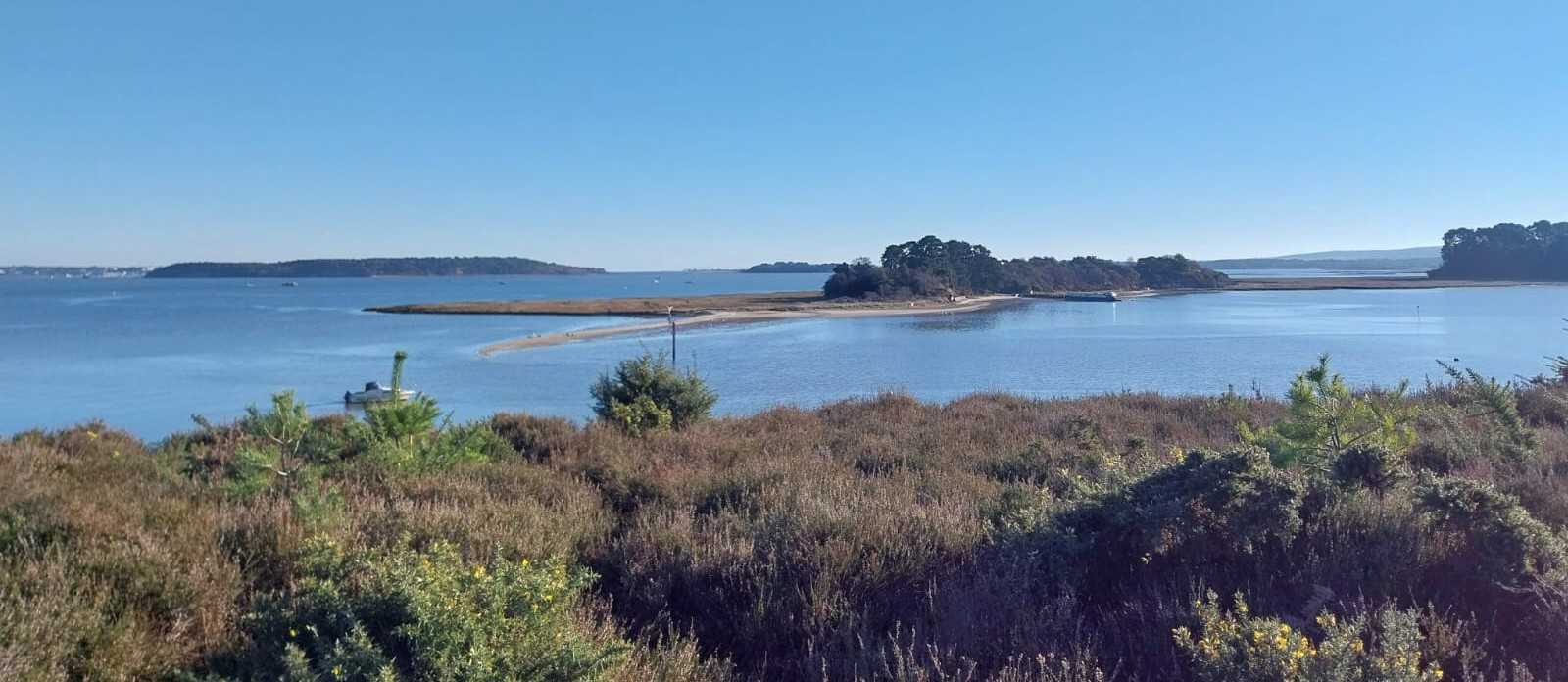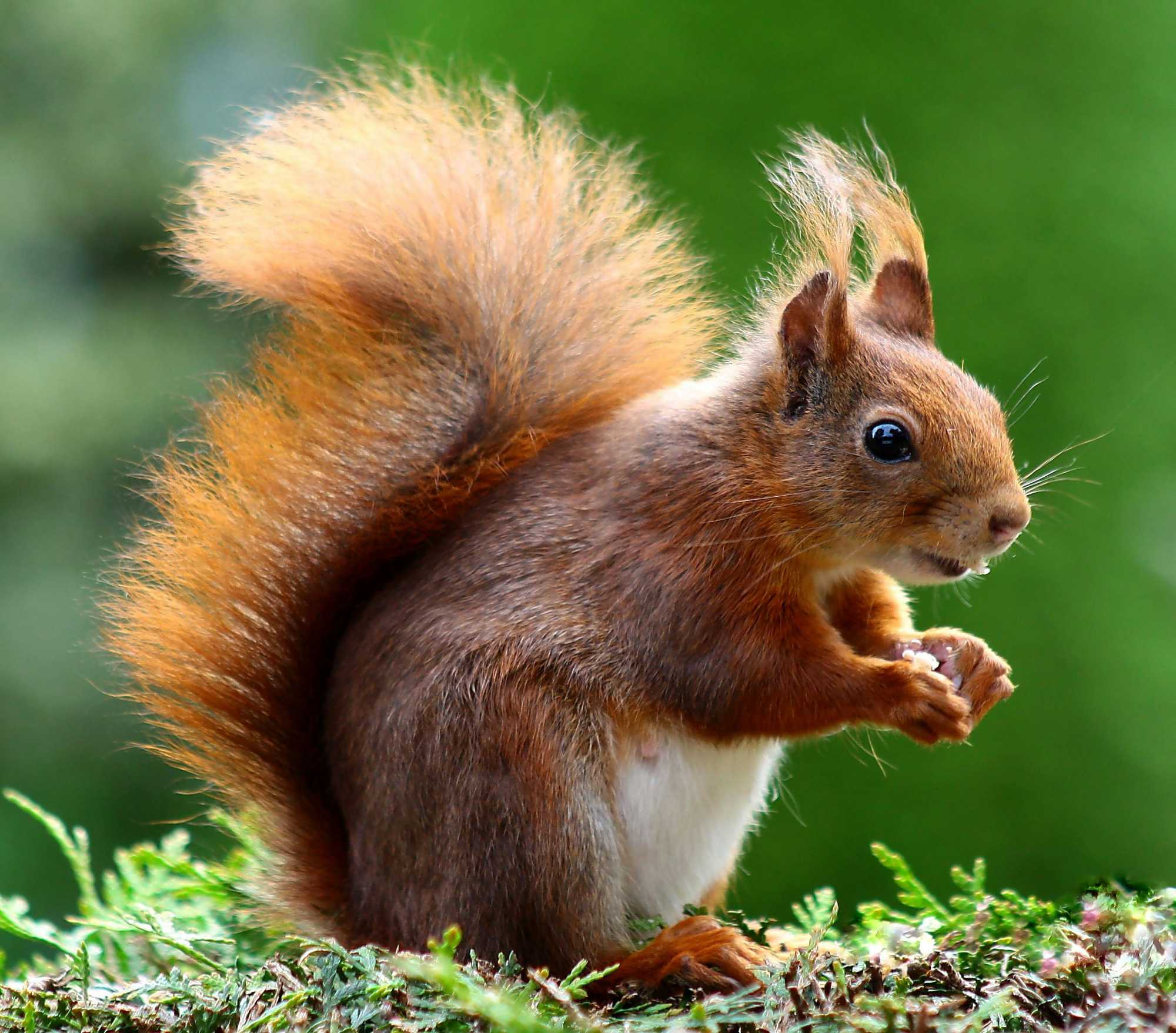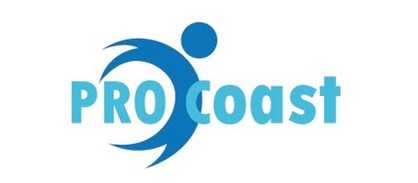Our work on the Isle of Purbeck

Red squirrels live on islands in Poole Harbour
Red squirrels were once present in the coastal woodlands around Poole Harbour. At the time, native tree species such as oak and beech could be planted with the expectation of successful growth, and hazel nuts were commonly gathered for consumption. The introduction of grey squirrels from North America, following releases in other parts of the UK, led to a decline in red squirrel populations. Today, red squirrels in the Poole Harbour area are confined to Brownsea Island and Furzey Island.
Oak trees support more wildlife than any other tree in Britain and were once widely used for building. For centuries, they were grown alongside hazel, a key food source for red squirrels. Red squirrels can live well in oak and beech woodlands, but they eat only a limited number of acorns because of the toxic tannins they contain. Grey squirrels, which are less affected by tannins, eat large amounts of both acorns and hazelnuts. They can reach populations ten times higher than red squirrels and damage young trees by stripping their bark.
In areas where grey squirrels thrive, few oak, beech, or other native trees in new woodlands survive long enough to store much carbon. This poses a serious threat to woodland health and climate goals.
In Arne Parish, work on squirrels and climate change is part of a European initiative called Pro-Coast. This project aims to reverse the decline of biodiversity and essential natural services, such as food, clean water, health, and recreation, in coastal areas. Spread across ten case studies, Pro-Coast works with communities to draw on local knowledge and support activities that benefit both people and nature, on land and at sea.
In Arne, a trial is underway, with the help of the local community, to study squirrel populations and other native wildlife in a thriving coastal landscape.

Red squirrels support carbon sequestration by allowing native trees like oak, beech, and hazel to grow and thrive without the damage caused by grey squirrels.
_638802388450134123.jpg)
Want to know more about the PRO-COAST project? Click here!
